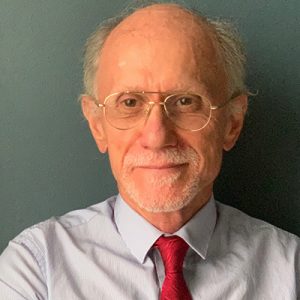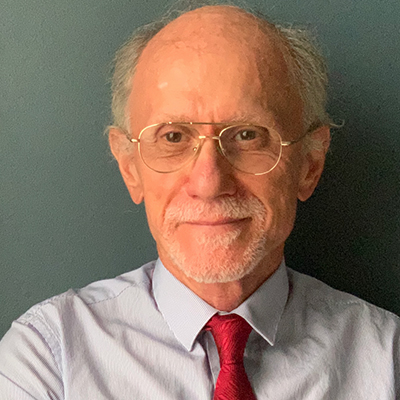Ryszard Kole, PhD, professor emeritus in the pharmacology department, was honored this past weekend with the prestigious Massry Prize for his work in creating messenger RNA-based therapeutics.

Ryszard Kole, PhD, professor emeritus in the pharmacology department, was honored this past weekend with the prestigious Massry Prize for his work in creating messenger RNA-based therapeutics.

October 29, 2019
Ryszard Kole, PhD, professor emeritus in the UNC Department of Pharmacology, was a co-winner of the Massry Prize, awarded this year to “two scientists for their seminal work in the development of oligonucleotides targeting messenger RNA as novel therapeutics for a wide range human diseases.”
As part of a three-day event, Kole gave a talk at the event at the Keck School of Medicine of the University of Southern California titled, “Mysteries of RNA Splicing and the Path to Treatment of Rare Inborn Disorders.”
The Meira and Shaul G. Massry Foundation established the Massry Prize in 1996 to recognize outstanding contributions to the biomedical sciences and the advancement of health. Founded by Dr. Shaul Massry, professor emeritus of medicine at the Keck School of Medicine, the nonprofit foundation promotes education and research in nephrology, physiology, and related fields. The Massry Prize includes a substantial honorarium and twelve of its recipients have gone on to receive the Nobel Prize.
This year, Kole was honored along with Stanley Crooke, MD, PhD, founder, CEO, and chairman of Ionis Pharmaceuticals.
As distinguished scientist and former executive for Sarepta Therapeutics, previously AVI Biopharma, Dr. Kole led a career that spanned more than five decades in biotechnology and pharmaceutical science. He served as the senior vice president of discovery for AVI BioPharma, distinguished scientist at Sarepta, and for 25 years as a professor of pharmacology at the UNC School of Medicine.
While at UNC-Chapel Hill, Dr. Kole led studies focused on a cellular process called mRNA splicing, which modulates the flow of genetic information in all human cells from the DNA inside nuclei to the generation of mRNA in the cytoplasm, followed by production of functional proteins. In muscle disorders such as Duchenne muscular dystrophy (DMD), blood disorders such as thalassemia, lung disorders such as cystic fibrosis, potentially cancer, as well as other diseases, defects in DNA lead to aberrant mRNA splicing and prevent proper production of essential proteins. This leads to disease and untimely death. Dr. Kole and his group discovered that by using short fragments of chemically modified RNA, or oligonucleotides, researchers can manipulate RNA splicing to restore the production of desirable, lifesaving proteins.
In his academic career, Dr. Kole authored more than 100 scientific publications, trained more than 40 graduate students and postdoctoral researchers, and is a co-inventor on more than 30 national and international patents. He is an active member of the American Society of Gene and Cell Therapy and Oligonucleotide Therapeutics Society.
Each year, the Massry Foundation chooses a scientific theme, and laureates fare then selected by a committee of distinguished professors representing both the USC and the University of California, Los Angeles (UCLA).
The Massry Prize is awarded in the context of a three-day series of events. On Thursday of the award week, the laureates spend the day at USC meeting with faculty members, students, and postdocs. During this visit, they deliver a lecture on the science for which they have been honored. This is repeated the next day at UCLA. On Saturday morning, a formal awards ceremony is held at the Beverly Hills Town Hall.